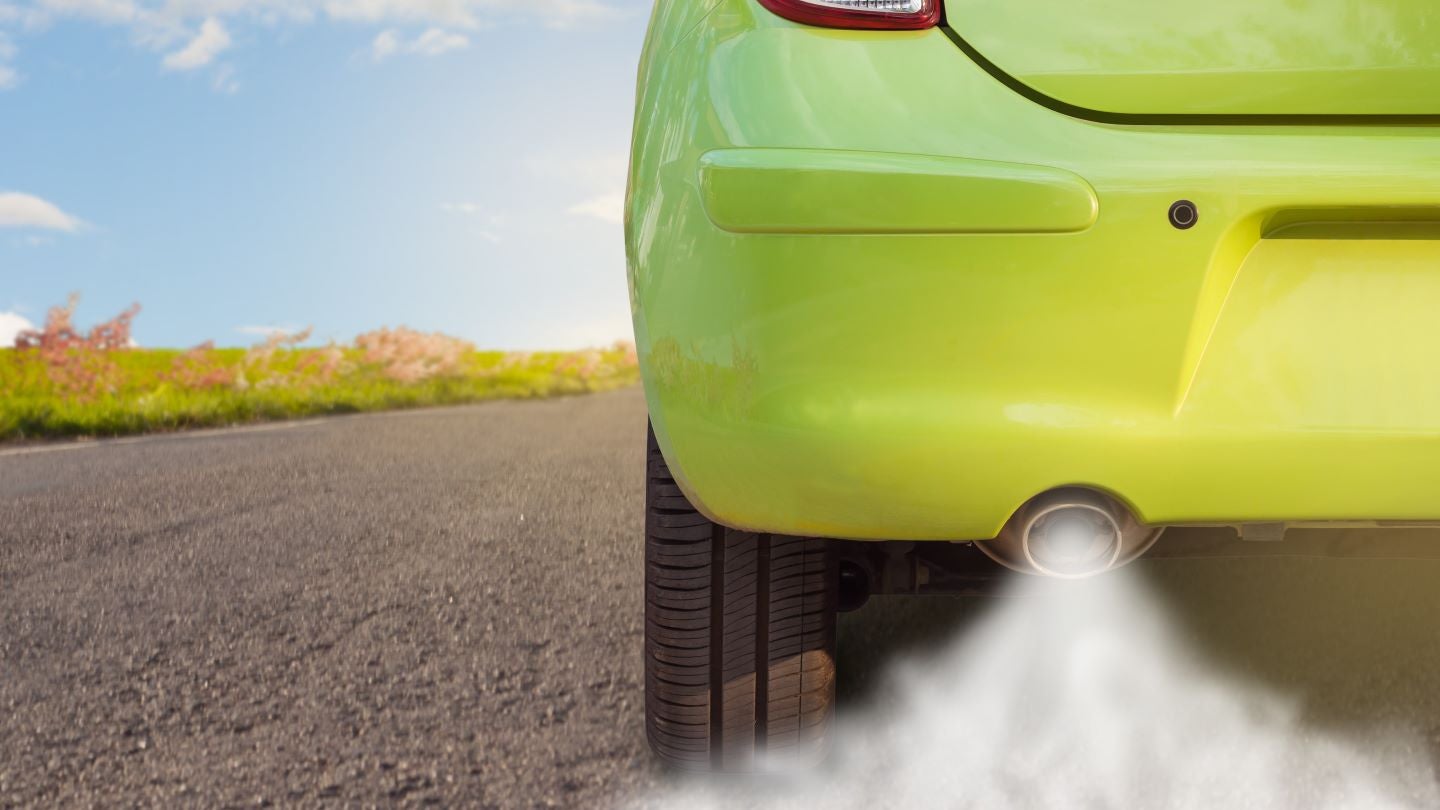
European car and van manufacturers are urging the European Union (EU) decision-makers to clarify CO2 regulations before the end of 2024, according to the European Automobile Manufacturers’ Association (Acea).
This call aims to protect Europe’s competitiveness and jobs, while supporting the green transition.
With stricter CO2 tailpipe limits for 2025, manufacturers risk losing €16bn ($16.63bn) if targets are not achieved.
ACEA represents 16 leading European vehicle manufacturers, including BMW, Daimler Truck, Toyota Motor Europe, Stellantis, and Volkswagen.
According to the ACEA, the industry remains committed to the EU’s 2050 climate neutrality goal and the shift to zero-emission mobility.
However, attaining tougher CO2-reduction targets requires a “seamless interplay” of factors beyond manufacturers’ direct control.
How well do you really know your competitors?
Access the most comprehensive Company Profiles on the market, powered by GlobalData. Save hours of research. Gain competitive edge.

Thank you!
Your download email will arrive shortly
Not ready to buy yet? Download a free sample
We are confident about the unique quality of our Company Profiles. However, we want you to make the most beneficial decision for your business, so we offer a free sample that you can download by submitting the below form
By GlobalDataThe transition must be market-driven, yet electric vehicle sales are stagnating at around 13% market share, 10 percentage points below the target, the industry body said.
A clear declaration of support is vital to securing competitiveness and jobs along the value chain, it added.
ACEA president Luca de Meo said: “Without a clear political statement by the European Commission by the end of 2024, as also urged by the German, French, Italian and other European governments, the auto industry risks losing up to €16bn in investment capacity by either paying penalties, reducing production, pooling with foreign competitors or selling electric vehicles at a loss.”
Current compliance options, such as phasing-in or multi-year average compliance, do not alter CO2 targets but address market realities such as trade tensions and sluggish charging infrastructure growth.
These options are already recognised in EU law and other jurisdictions.
De Meo added: “ACEA members have pledged €250bn into the green mobility transition and, just like everyone else, we want this to succeed.
“Unfortunately, the honest assessment must be that the transition is not going to plan and that sticking to legal rigidity leads to potentially irreversible damage. Legal flexibility, instead, will keep investment flowing and the transition on track.”
Last week, AECA reported a 1.9% decline in new car registrations in the EU for November 2024. France experienced the largest drop at 12.7%, followed by Italy at 10.8%. The German market saw a slight increase of 0.5%, while Spain recorded positive growth with a 6.4% increase.
In November 2024, the market share of battery-electric cars decreased to 15%, down from 16.3% the previous year, with volumes declining by 9.5%.







